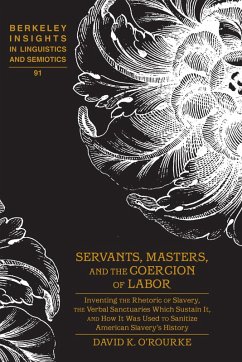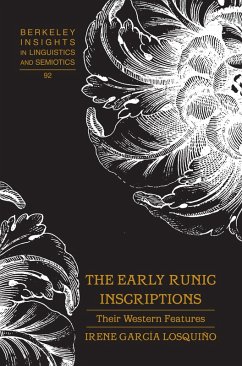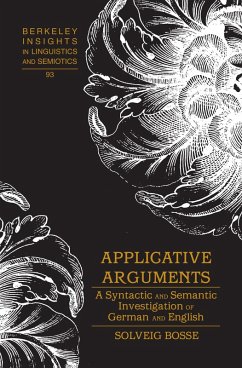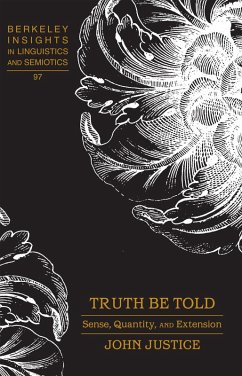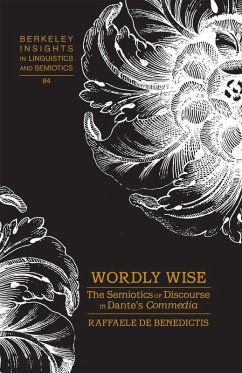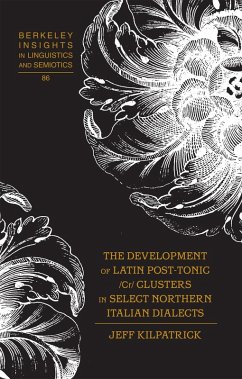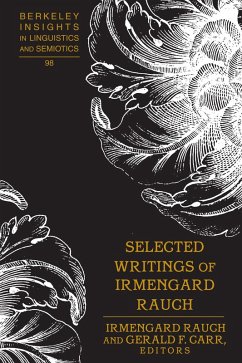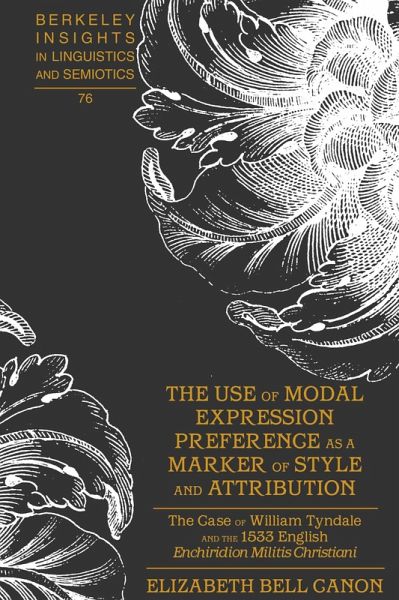
Use of Modal Expression Preference as a Marker of Style and Attribution (eBook, PDF)
The Case of William Tyndale and the 1533 English "e;Enchiridion Militis Christiani"e;
Versandkostenfrei!
Sofort per Download lieferbar
Statt: 92,95 €**
67,95 €
inkl. MwSt.
**Preis der gedruckten Ausgabe (Gebundenes Buch)
Alle Infos zum eBook verschenkenWeitere Ausgaben:

PAYBACK Punkte
34 °P sammeln!
Can an author's preference for expressing modality be quantified and then used as a marker of attribution? This book explores the possibility of using the subjunctive mood as an indicator of style and a marker of authorship in Early Modern English texts. Using three works by the sixteenth-century biblical translator and polemicist, William Tyndale, Elizabeth Bell Canon establishes a predictable preference for certain types of modal expression. The theory of subjunctive use as a marker of attribution was then tested on the anonymous 1533 English translation of Erasmus' Enchiridion Militis Chris...
Can an author's preference for expressing modality be quantified and then used as a marker of attribution? This book explores the possibility of using the subjunctive mood as an indicator of style and a marker of authorship in Early Modern English texts. Using three works by the sixteenth-century biblical translator and polemicist, William Tyndale, Elizabeth Bell Canon establishes a predictable preference for certain types of modal expression. The theory of subjunctive use as a marker of attribution was then tested on the anonymous 1533 English translation of Erasmus' Enchiridion Militis Christiani. Also included in this book is a modern English spelling version Tyndale's The Parable of the Wicked Mammon.
Dieser Download kann aus rechtlichen Gründen nur mit Rechnungsadresse in A, B, BG, CY, CZ, D, DK, EW, E, FIN, F, GR, HR, H, IRL, I, LT, L, LR, M, NL, PL, P, R, S, SLO, SK ausgeliefert werden.




